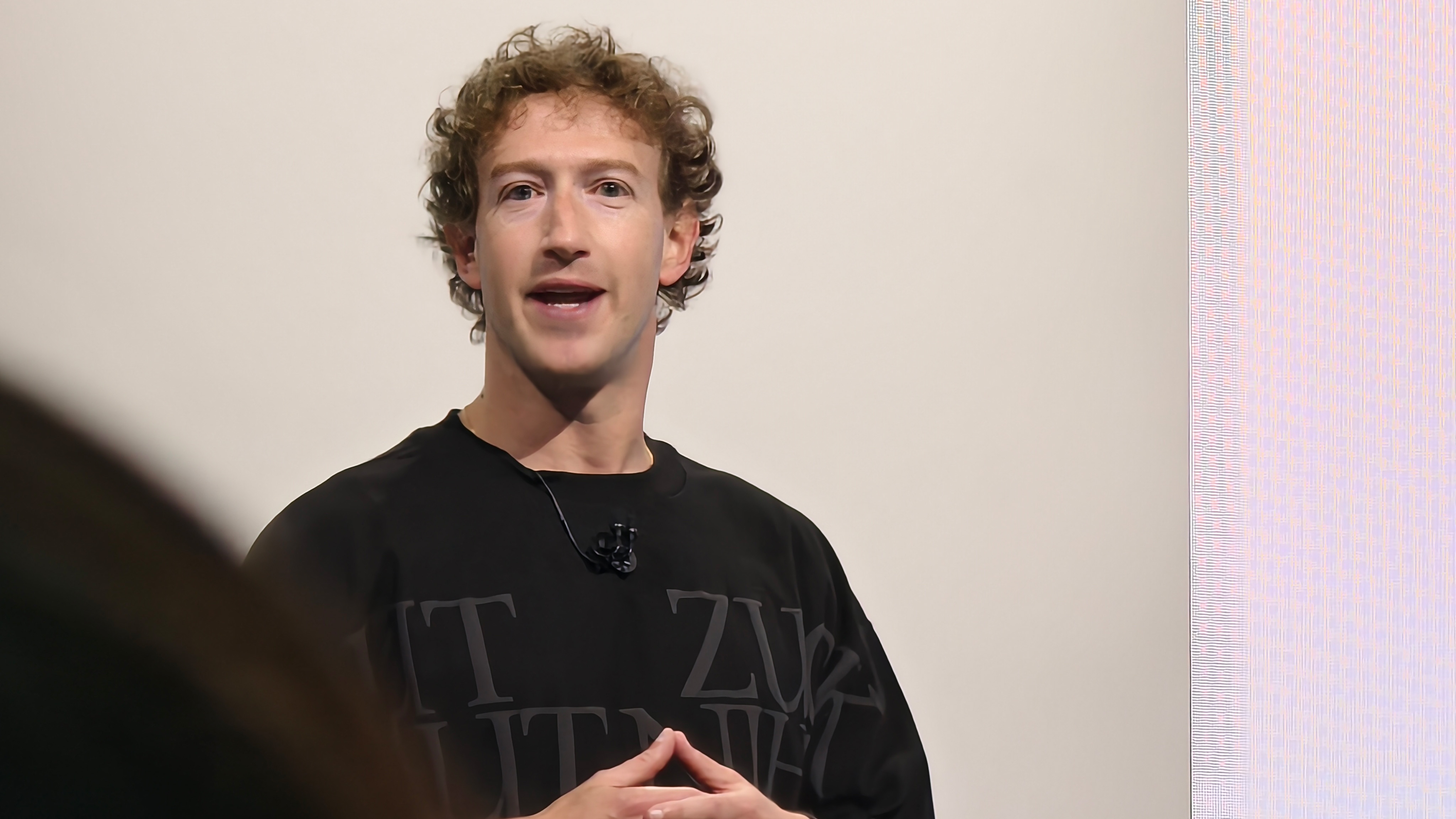Net neutrality, VoLTE, and the future of carriers - Talk Mobile
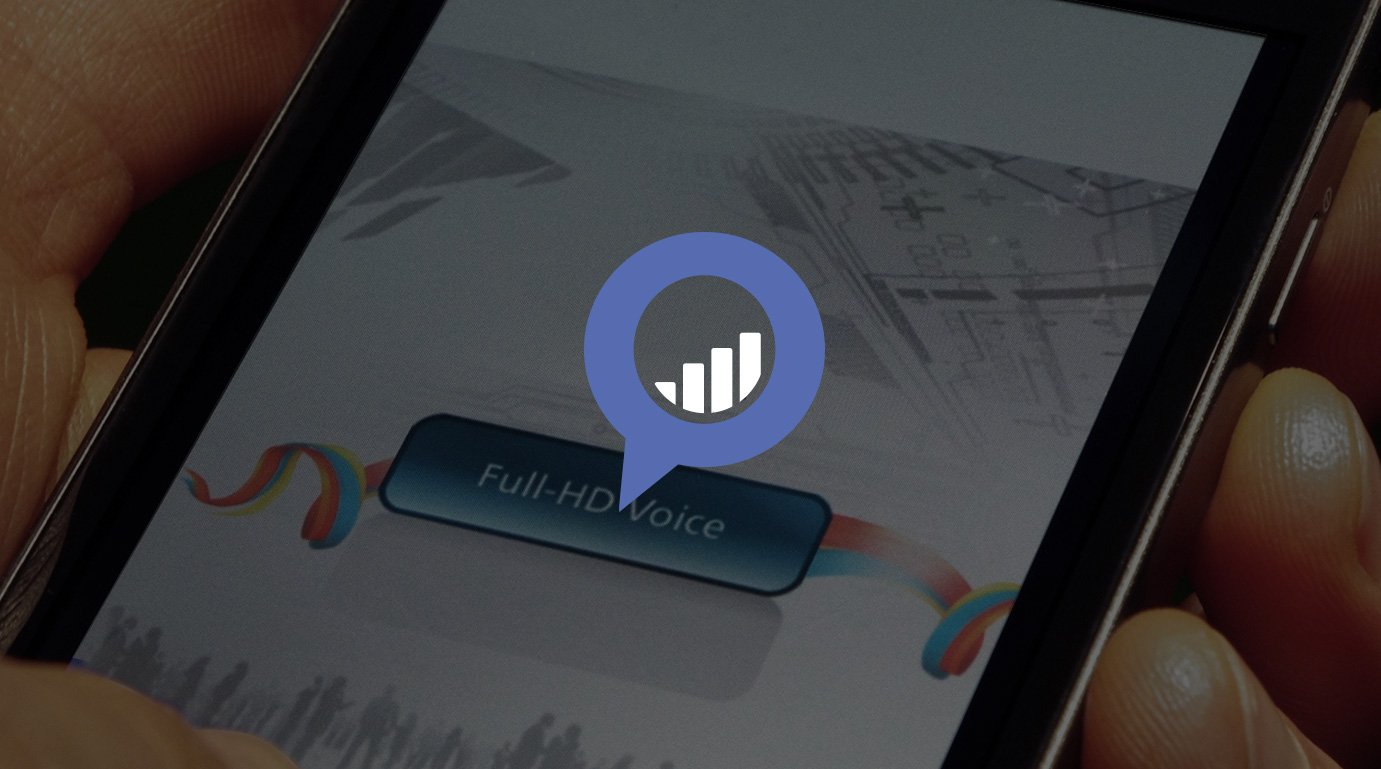
Presented by Blackberry
Talk Mobile Carriers
Net neutrality, VoLTE, and the future of carriers
In the coming years we can expect mobile operating systems to become more efficient, more capable, and more flexible, and there's little doubt that the phones they run on will last longer, be thinner and faster, and have better cameras, screens, speakers, and build quality. The platform and device builders have the most to lose - competitors can spring up out of nowhere, they can pivot quickly, and they can easily attract mind and market share.
Carriers, on the other hand, tend to be slower moving beasts, mostly protectionist and reactionary. With most customers locked into two- or three-year contracts, customer retention is a long-term game. Improving coverage and service for a network operator is a multi-billion operation.
So where do carriers go from here? Can we move to an era of net neutrality and dumb pipes, or is it a pipe dream? Will VoLTE free up enough spectrum to make it worthwhile? And what's the deal with all these carriers merging and buying each other out?
Let's get the conversation started.
Be an expert in 5 minutes
Get the latest news from Android Central, your trusted companion in the world of Android
by Rene Ritchie, Daniel Rubino, Kevin Michaluk, Phil Nickinson
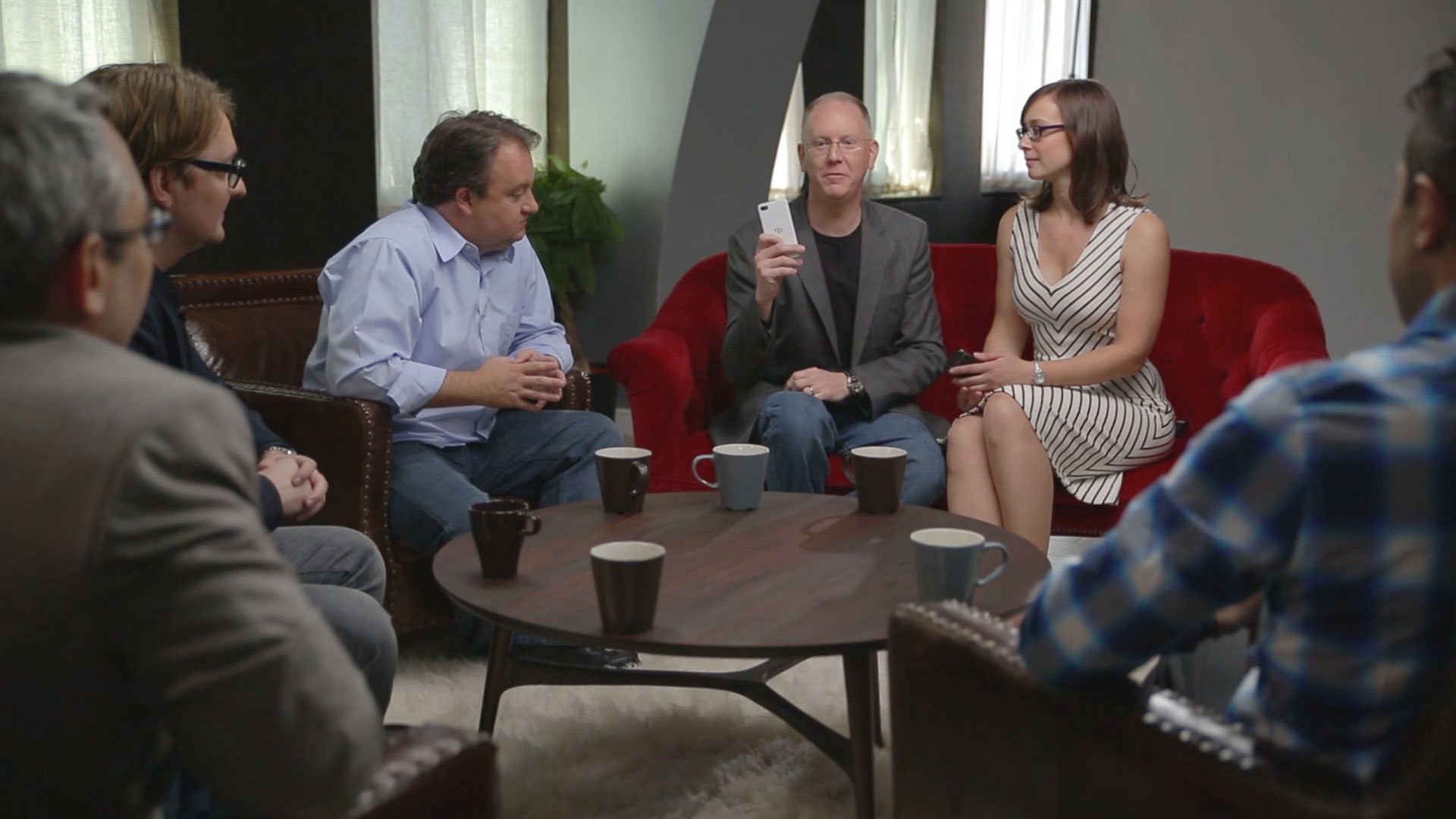




Carrier futures
Articles navigation
- VoLTE
- Net neutrality
- Globalization
- Video: Simon Sage
- Dumb pipes
- Video: Alex Dobie
- Conclusion
- Comments
- To top

Rene Ritchie iMore
Will Voice over LTE mend all of our carrier woes?
The promise is simple: turn phone calls into data and you'll get better call quality while freeing up spectrum for more data. And once every carrier supports VoLTE, then we can move to a world of universal interoperability, right?
Today, all smartphones handle voice and data separately - your data comes down over LTE, but your phone calls are stuck on 3G or worse. It's a reflection of how cell phones evolved and of the state of LTE coverage. We had cellular voice service long before we had data service, and early data service sucked. Voice was king in a phone a decade ago, and the data service wasn't up to the task.
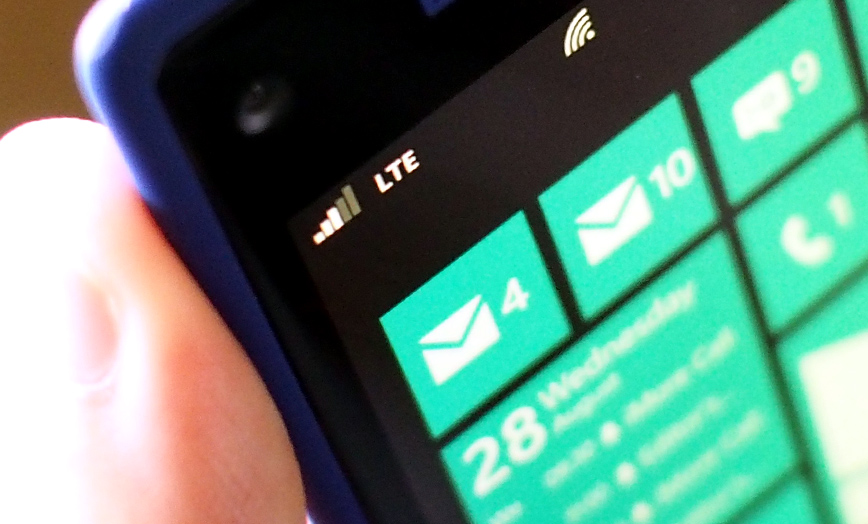
Retiring the Gs
There are two major hurdles to VoLTE. The first is having a large enough LTE footprint to make the switch without diminishing coverage. The second is the chicken-and-the-egg problem that makes the first an issue, and it's that the frequency needed for better LTE coverage is the very same frequency that would be vacated by making the switch to VoLTE.
There's also the not insignificant matter of legacy networks. Most consumers don't keep their smartphones longer than a few years, though some keep them for several. Moreover, phones and tablets aren't the only devices accessing these networks. Home security systems, integrated automotive networking, and many other embedded devices that aren't easily upgraded or replaced rely on existing and aging network technologies.
Carriers with solid LTE coverage have taken to slowly shutting down parts of their old 2G networks, but can only do so where they have rock solid 3G and 4G coverage. AT&T began shutting down its 2G network in 2012, and doesn't expect to have the process completed until 2017 at the earliest. Verizon is projecting to have retired their CDMA-based 2G and 3G networks by 2021, contingent on covering their current footprint with LTE by then.
But things have changed. We've gone from pitiful GSM and 1xRTT data connections to LTE that's faster than many home cable connections. Data flies so quickly and so ubiquitously through the air these days its a wonder coffee doesn't stay boiling in our cups and our bodies don't slowly bake in our shorts.
As data grows faster and better, it makes less sense to keep voice channels separate and consuming valuable spectrum. It makes more sense to move voice over to data, and let data use all that freed-up spectrum. Everything, just bits.
So, VoLTE.
The two most frequent complaints when it smartphones are : 1) My $^@&%& call dropped, why can't I use my phone as a phone?!?!, and 2) I can't get a ^&$&*& data connection, why is my smartphone so dumb?!?!.
Anyone has ever used any carrier in Manhattan knows that you're only ever a few steps away from a phone becoming an MP3 player.
A theory and a plan are only as good as they both prove to be.
So, VoLTE?
It's too early to tell if offloading voice to data will really help open up capacity and how long that transition will take. That's because no one has done it yet, and the LTE coverage isn't yet enough. A theory and a plan are only as good as they both prove to be.
VoLTE is coming. Carriers want it, and in theory our calls and our data will be better for it. So get ready, and hold onto your bits.
Q
Are you happy with your carrier's service?
876 comments
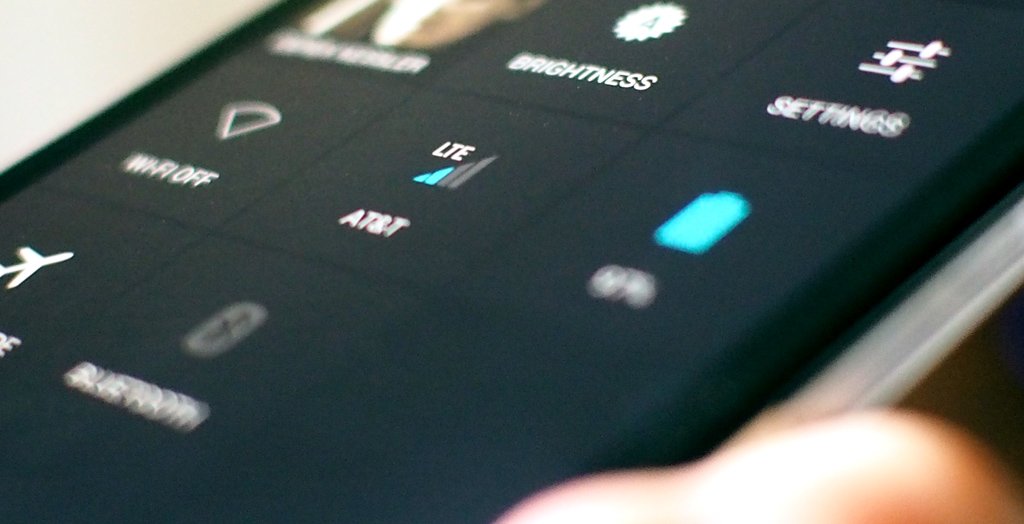

Phil Nickinson Android Central
Net neutrality for a more perfect mobile web
The basic idea behind "net neutrality" is that the folks who make sure the data gets from Point A to Point B — in our case the mobile operators — don't do anything to unfairly affect the speed at which the data reaches us.
The definition of net neutrality can vary a bit, depending on who you ask — as can its importance and just how we should go about ensuring it — but that's the gist of it. As users, imagine the headache of your average website getting your standard internet speeds, but streaming video getting handicapped at 1/10th that. Or if games couldn't pull down new data as fast as maps. Or, worse, the reverse.
That's no bueno.
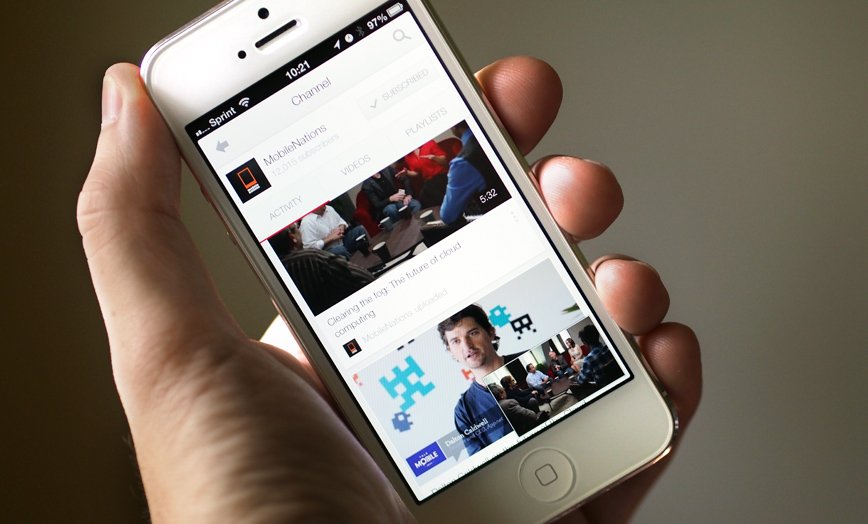
Streaming all the videos
While streaming video existed before YouTube, it was the site's 2005 launch that brought streaming video to the masses. YouTube has exploded massively since getting purchased by Google a year later; today they stream six billion hours of video every month, with 100 hours of video getting uploaded every minute.
As of May 2013, YouTube accounted for 17.11% of primetime bandwidth video streaming in the United States, according to numbers assembled by broadband traffic tracking firm Sandvine. An impressive number, but one that pales in comparison to Netflix's 32.25% of. Fellow media service Hulu clocks in at a mere 2.41%, while iTunes accounted for just 1.9% of primetime video streaming.
Sandvine's numbers account for just home internet traffic, though they noted that 20% of the broadband traffic they tracked was sent to-and-from mobile devices like smartphones and tablets that were attached to the home's Wi-Fi network. When looking at purely cellular data, Netflix accounted for just 4% of streaming video, while YouTube held a 27.23% share.
On the other hand, the operators are looking to save every penny they can — and to squeeze every last cent out of us, the customer, at the same time. And selective throttling is exactly the sort of thing we see late at night when we're smoking our pipes and wearing our tinfoil hats.
As a website operator, selective throttling could be particularly awful. As it has been proposed, the ISPs and carriers would offer those sites that are using the most data (and happen to have deep pockets) the option to pay up to avoid their service getting dialed back. As they would want to avoid complaints of "Why is YouTube so slow when Vimeo loads just fine?", they'd either wage a nasty PR campaign or pay up.
Most of us probably don't use as much data as we like to think.
Fortunately, the worst we've seen here in the U.S. — and its mostly been done transparently — is an overall throttling. Use more data than your plan allots? (Or, in the case of some supposedly unlimited plans, more than your carrier thinks is fair?) Then the carrier might dial back your data connection for everything. Make no mistake, however, this is not widespread. Individually, most of us probably don't use as much data as we like to think. Collectively is where things start to add up for the operators.
There's no one definitive answer on the future of net neutrality. Some feel any enforcing legislation might do more harm than good. Potential consumer backlash to any sort of selective throttling or otherwise unfair practices probably is enough to deter the operators from doing anything foolish. But we're not willing to bet the farm on that.
Q
Should carriers be allowed to prioritize specific traffic?
876 comments
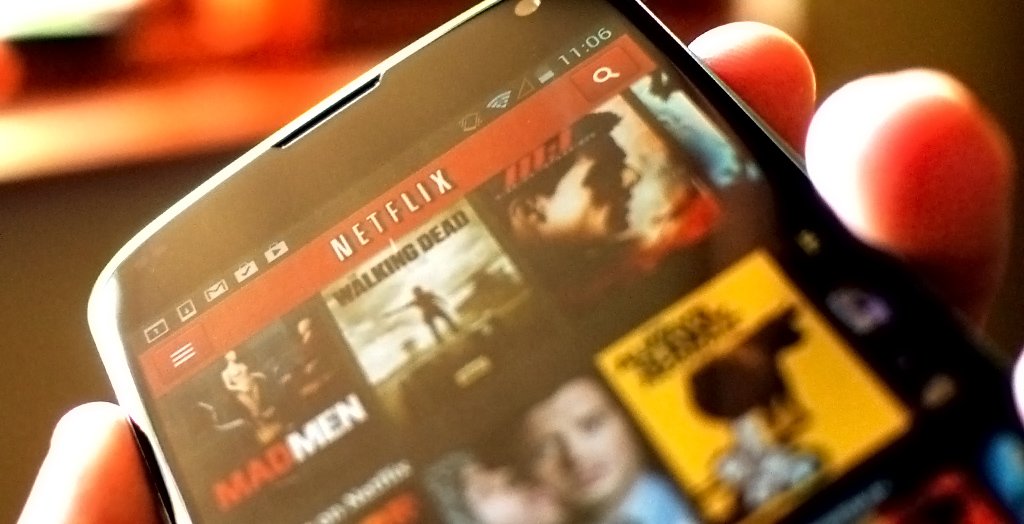

Kevin Michaluk CrackBerry
The good and the bad of carrier consolidation and globalization
As with anything involving the cellular business, there are upsides and downsides to the trend towards globalization in carriers. The primary mechanism for this globalization is acquisitions - is simply easier to buy a struggling carrier with a ready-made network than it is to try and build one from scratch.
The drive behind globalization is perfectly understandable - markets like North America, Europe, Japan, and South Korea are approaching maximum saturation in cellular adoption. They're running out of customers. So grabbing a carrier in the developing world for a few billion dollars (pocket change for the major carriers) opens up a new market ripe for exploitation, I mean, conquest, I mean, capitalization. Sorry about that.
Hell, carriers that are awash in cash have been making forays into developed foreign lands - third-place Japanese carrier Softbank recently announced plans to take a 78% stake in struggling US carrier Sprint to the tune of $23.5 billion (Sprint actually counts 20 million more customers than Softbank, but has struggled against AT&T and Verizon).
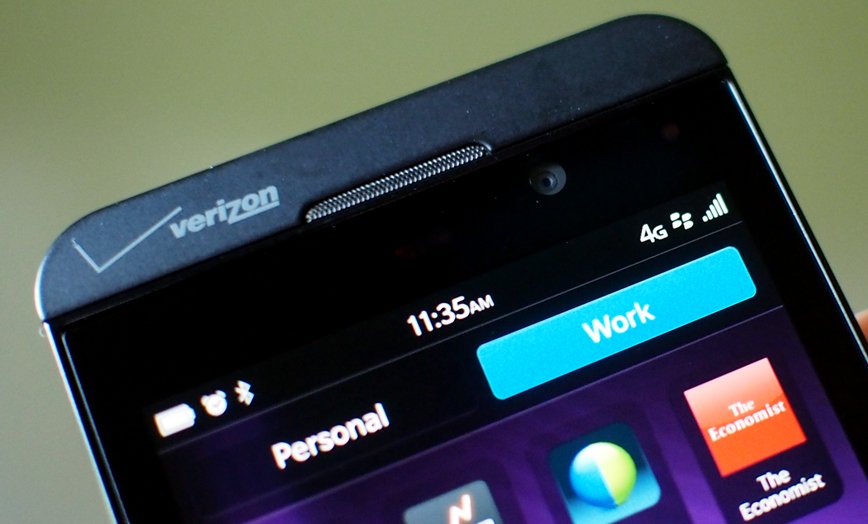
A 45% $130 billion stake
Verizon Wireless came into being in 1999 with an agreement between US-based Bell Atlantic and UK-based Vodafone. The joint venture began operations a year later as Bell Atlantic merged with GTE. The merger folded GTE's network into the Verizon network, giving the merged entity Verizon Communications 55% majority ownership of Verizon Wireless. Verizon remained as the largest wireless company for four years until Cingular purchased AT&T in 2004.
The balance between Verizon Communications and Vodafone hasn't changed since, remaining at 55% to 45%. Verizon Communications hasn't been quiet about wanting to buy out Vodafone's stake, and while the UK owners have said they would entertain any such offer, it's far from certain they would accept it.
To buy out Vodafone for complete ownership of Verizon Wireless is expected to cost Verizon Communications between $100 billion and $130 billion. Vodafone says that they are happy with their position with Verizon, and the multi-billion-dollar dividends from their 45% stake has padded Vodafone's bottom line against a flagging wireless sector in their home market of the United Kingdom.
Globalization can bring benefits to customers on those flagging and developing networks that have been snapped up. An infusion of several billion dollars can do wonders for upgrading a network, and it's likely the purchaser can teach their new property a few things about how to run their business better.
If they aren't prepared for the complexities of technical integration and the inevitable culture clashes it can be disastrous.
But globalization isn't necessarily all roses. These acquisitions and mergers can be massively expensive, and if the companies aren't prepared for the complexities of technical integration and the inevitable culture clashes it can be disastrous. Financial preparation is important as well - the bought-out network is invariably going to need even more investment.
There's also the matter of the customers, who have to suffer through all of these changes. In fact, it was a major merger with Nextel and the struggles it produced that led Sprint down the road to a Softbank buyout. The customers may not care about who owns the network, but they'll start caring if it seems like network and customer service quality suffer as a result.
Globalization isn't a bad thing, and it isn't necessarily a good thing either. It just is. It can save a failing carrier and help improve networks, but it can also push companies to the brink of ruin and trash their relationship with customers in the process. You've just got to do it right.

"This big American giant is going to steal Canadian jobs!"
- Simon Sage / Editor-at-Large, Mobile Nations
Talk Mobile Survey: The state of mobile clouds
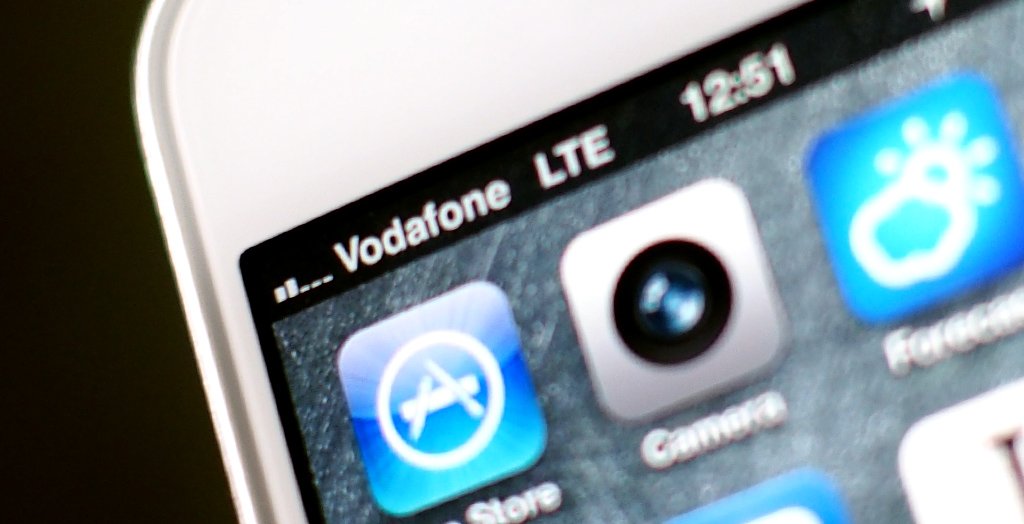

Daniel Rubino Windows Phone Central
Dreaming of carriers as a utility companies
When you turn the handle on the faucet and water comes pouring out, it comes at the same rate whether you're filling a bathtub or a pot to cook up some pasta or sending out to a sprinkler to wet your parched lawn. The water utility doesn't know what you're using that water for, and they don't really care as long as you pay for it.
Municipal water is the very definition of the dumb pipe - the pipes send you water without care for what you're doing with said water. Ideally, that would be how our internet services worked as well, merely passing along the bits and bytes I asked for without engaging in any sort of meddling.
The "dumb pipe" dream is tied closely with the concept of net neutrality. If ISPs and carriers aren't permitted to favor or prioritize traffic from one source or another, the dumb pipe concept isn't far off. While net neutrality prohibits selective meddling, dumb pipe is about ending meddling all together.
It's accepted that on most carriers we pay for a certain allotment of data, and there's nothing wrong with throttling speeds or charging overages after that cap has been passed. It sucks, but you should have known that going in.
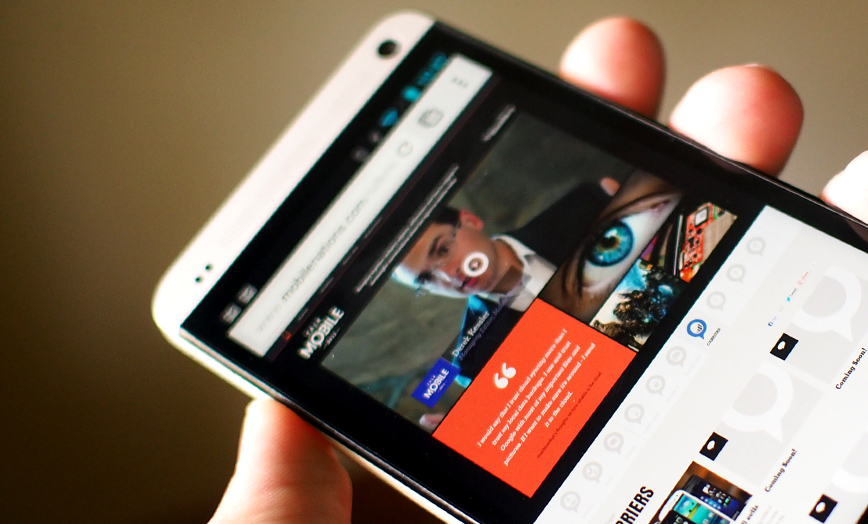
Prioritizing bandwidth
Between the 100% neutral internet and the 100% paid access internet there are numerous opinions on how best to handle internet traffic prioritization, if at all.
The first school of thought is that of charging only the biggest traffic sources for their access while allowing smaller services free access to the network. Popular sites like Facebook, Google, and Yahoo would face fees for access, while Bob's Crab Shack would not. The alternative option is to provide a standard level of access to all comers, and allow those who are willing to pay to have priority access.
While those options discriminate on a site-by-site basis, carriers have proposed content-type prioritization as well, i.e. pulling back the reigns on video streaming in favor of allowing web pages better bandwidth. This position was controversially endorsed by then-Google CEO (now Chairman) Eric Schmidt in 2010 and supported by Verizon.
What's not necessarily fair is when your carrier starts managing your traffic for you. Compressing your downloads, screening your uploads, and blocking certain content on subjective moral grounds, stuff like that. While server-side compressing downloads means you use less data, it also means that your images are going to be smaller or blurrier, your streaming music more flat-sounding, and your videos all blocky and low-res.
Is that a trade-off you're willing to make? I know not everybody is, quality of the content is king to many. I know I'd be disappointed if my streaming tunes just didn't sound right thanks to carrier compression.
Dumb pipe status relegates the carrier to the realm of the utility.
Being a dumb tube diminishes the importance of the carrier, though. They want to be more to you, they want to be front-of-your-mind important to you, and they want to be able to charge you more for more things. Being a dumb pipe relegates the carrier to the realm of the utility, leaving them to compete on silly factors like coverage area, speeds, and pricing.
Nobody wants to be pushed out of relevance like that, least of all carriers.
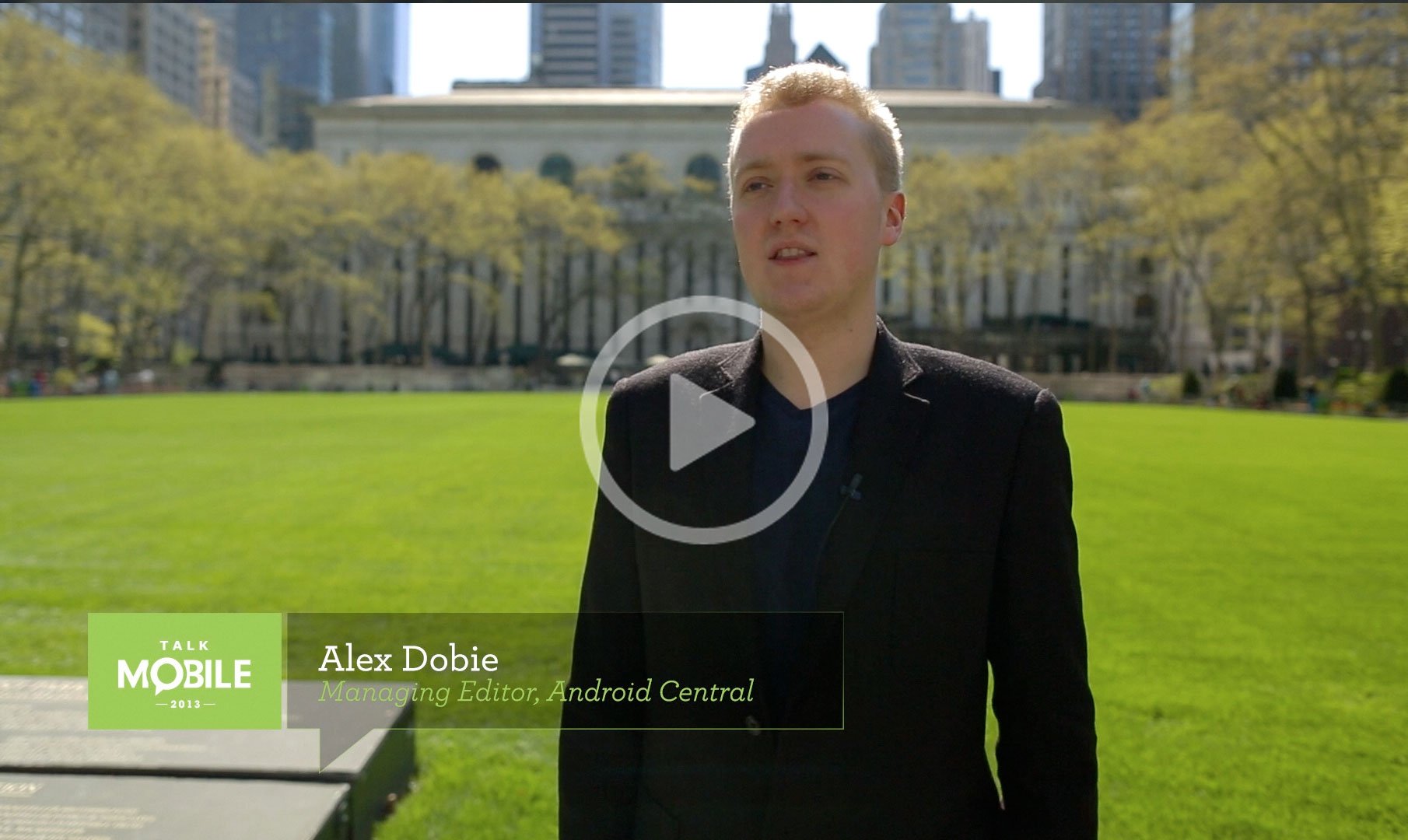
It would be nice if wireless carriers could become dump pipes like fixed lines.
- Alex Dobie / Managing Editor, Android Central
Q
Can we trust cellular carriers to treat all data fairly?
876 comments
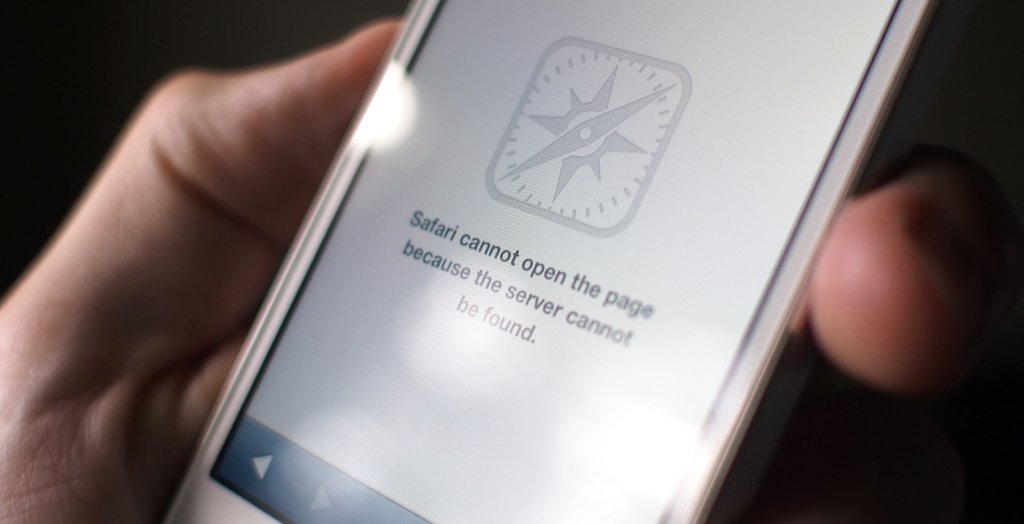
Conclusion
Building the carrier of tomorrow is no easy task. For the majority of customers, the carrier is their one-stop shop for devices, platforms, service, and accessories. The major carriers have to maintain nationwide coverage, which costs untold sums of money. And they have to keep their customers happy with the latest devices, always-improving service, and acceptable pricing.
The years to come will bring changes to the carrier landscape, no doubt. Mergers and acquisitions will alter the competitive power dynamics. Governments will either enforce net neutrality standards and make carriers into something closer to the dumb pipes they're ardently resisting becoming, or they'll be allowed to manage their network traffic as they see fit. And new technologies and protocols like Voice over LTE will change the way we use our phones and spectrum.
But since we're talking about carriers, these changes will take time. In an era where there's a new flagship phone seemingly every week, carriers almost feel like they move at a glacial pace. Change will come, but it's not going to happen as fast as any of us would like.

